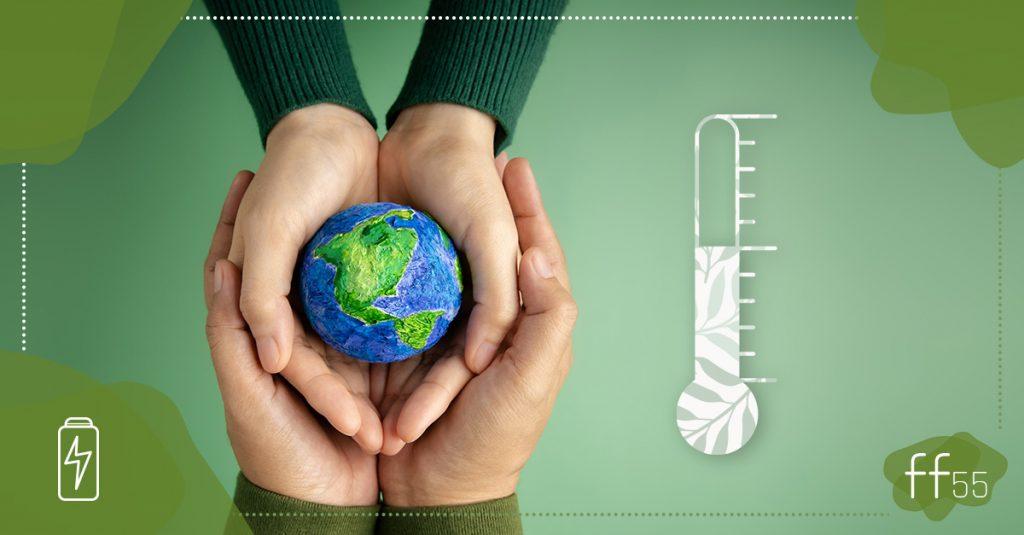As we read the news about officials regulating temperatures from Germany to Spain, we may ask ourselves the same questions. Is 18 or 20 degrees warm enough? Is 25 or 27 degrees cold enough?
All individuals are different and there are many factors that have an impact on how we sense different temperatures, from age to level of exhaustion or physical state. Knowing this we were still trying to look from a thumb rule and we’ve found it in the Housing and Health Guidelines, published in 2018 by the World Health Organisation (WHO).

Winter’s coming
WHO recommends that “indoor housing temperatures should be high enough to protect residents from the harmful health effects of cold. For countries with temperate or colder climates, 18 °C has been proposed as a safe and well-balanced indoor temperature to protect the health of general populations during cold seasons.”
However, it doesn’t mean that 18 degrees would be fine for everyone. A higher minimum temperature would be necessary for vulnerable groups, e.g. elderly people, children or people with chronic illnesses.
In the Summertime When the Weather Is Hot
Although WHO has stated that “In populations exposed to high ambient temperatures, strategies to protect populations from excess indoor heat should be developed and implemented.”, it has also found that “Few high-quality studies have assessed the direct effects of indoor temperature on health. The current research base is limited by a lack of data on indoor household temperature and the difficulty of designing studies capable of entirely excluding the health impact of outdoor temperatures. High-quality studies that control for confounders are required.”

We often hear about a 24-degree categorical cut-off point. It came from WHO’s finding: “there is no demonstrable risk to human health of healthy sedentary people living in air temperatures of between 18 and 24 °C.”
And although there’s no definitive knowledge on whether people living in housing with a temperature above 24 degrees have worse health projections, it may be presumed that it also depends on geographic locations: the hotter a region is, the better people deal with high temperatures.
Instant Win
Saving energy is crucial for Europe because of the need to become independent from fossil fuels, coming from Russia, but it’s also a great opportunity to help to save our planet. And one of the most important triumphs is already ours: we have started a conversation and more and more of us are aware of the need to set the thermostat right and not to cool or heat the streets.




